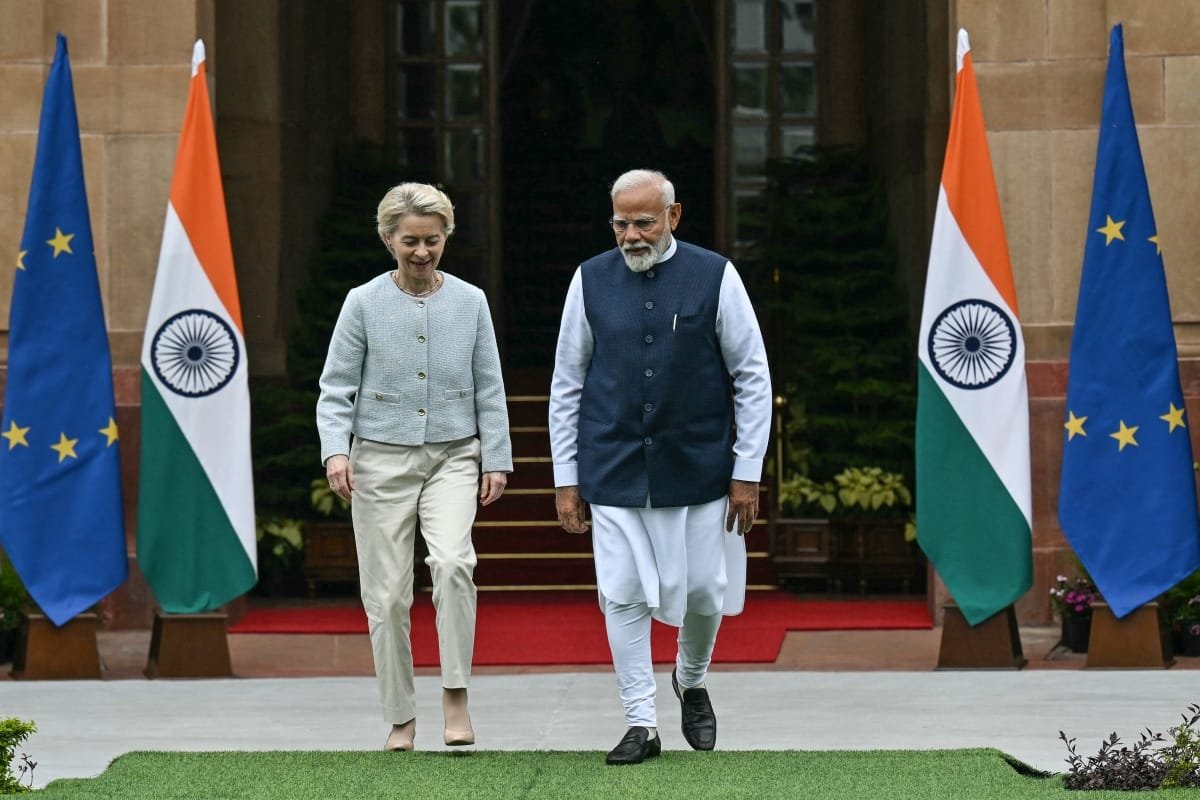The European Union has acknowledged that India’s ongoing purchases of Russian oil and its participation in joint military drills with Russia are complicating efforts to deepen an EU-India strategic partnership.
At a presentation in Brussels this week, EU Foreign Policy Chief Kaja Kallas stressed that while the EU sees India as an increasingly important partner in trade, technology, defence, and climate policy, New Delhi’s ties with Moscow are becoming a sticking point. “Participating in military exercises, purchases of oil —all these are obstacles to our cooperation when it comes to deepening the ties,” she said.
India has recently taken part in Zapad-2025, a large scale Russian-Belarus military exercise near NATO borders, which has raised concerns in Brussels about India aligning too closely with Moscow in security affairs.
On the energy front, the EU is closely watching India’s import of discounted Russian crude oil and refined fuel products made from Russian oil. European officials see this as undermining sanction regimes and creating indirect channels by which Russian oil revenue can still flow. India’s refining industry, which sources from Russian-origin crude, has exported fuel to Europe, something Brussels considers legally permissible but politically fraught.
Despite these tensions, both sides are pushing forward with negotiations toward a Free Trade Agreement (FTA), aiming for a conclusion by the end of 2025. The EU proposes an expanded cooperation agenda with India —on investment, green hydrogen, critical raw materials, defence, supply chain resilience, and research and innovation. Brussels views India as key to its wider strategic interests, especially in the Indo-Pacific.
India, for its part, has defended its actions. New Delhi argues that its energy sourcing is driven by national needs securing affordable and stable supplies for its growing economy and that its military exercises with partners are consistent with its long-term strategic autonomy. Indian officials also complain of double standards, pointing out continued trade between the EU and Russia in some areas even as India faces scrutiny.
The friction underscores a central diplomatic balancing act: the EU is attempting to deepen ties with India as a vital rising power and partner amid global geopolitical realignments, while also trying to guard against the perception—both internal and external—of acquiescence or loopholes that might weaken pressure on Russia. Whether India will acquiesce to stricter alignment with EU positions on sanctions and security matters remains to be seen, and will likely determine how closely the two can integrate under the proposed strategy.





